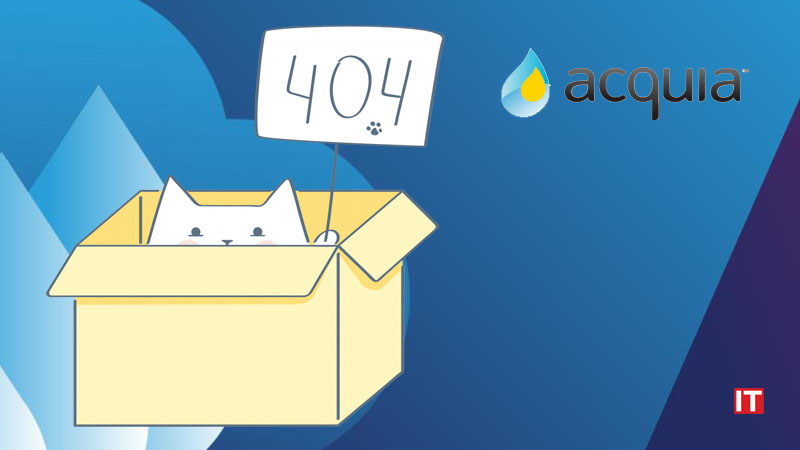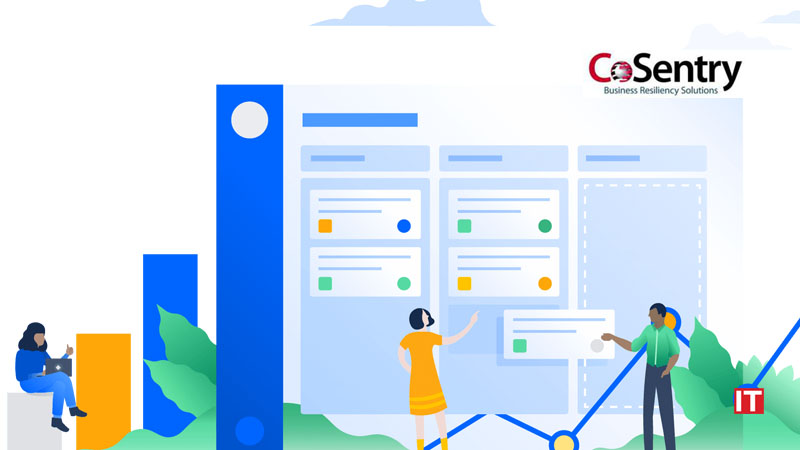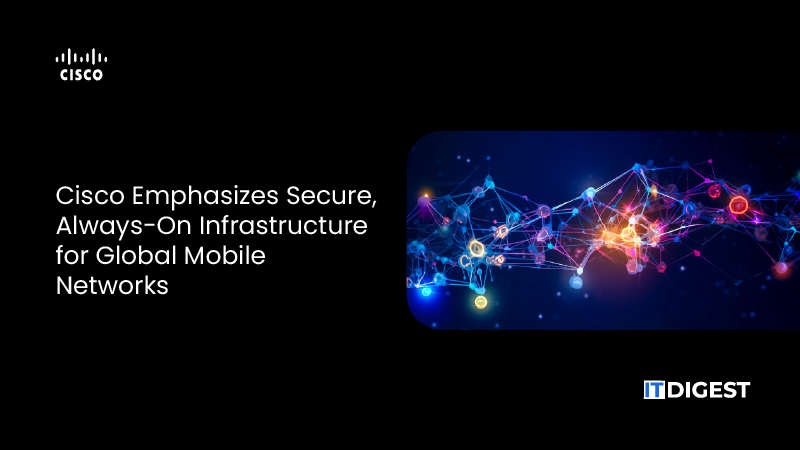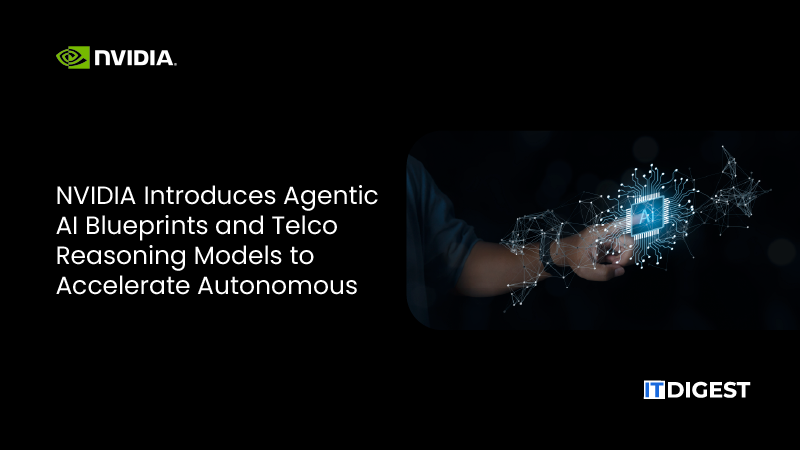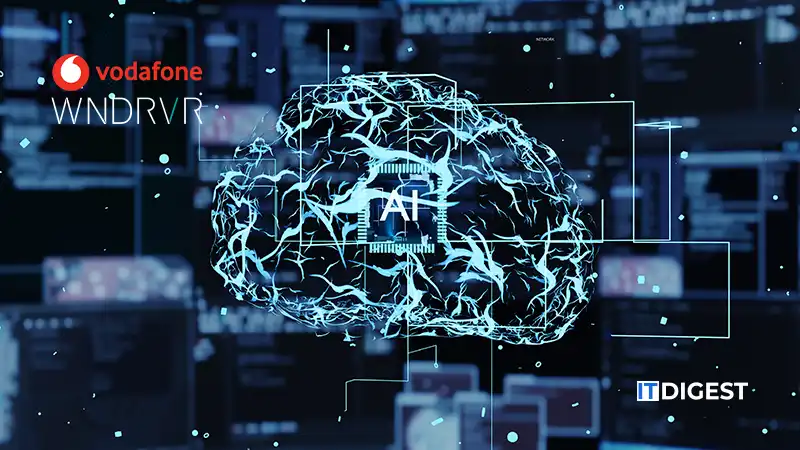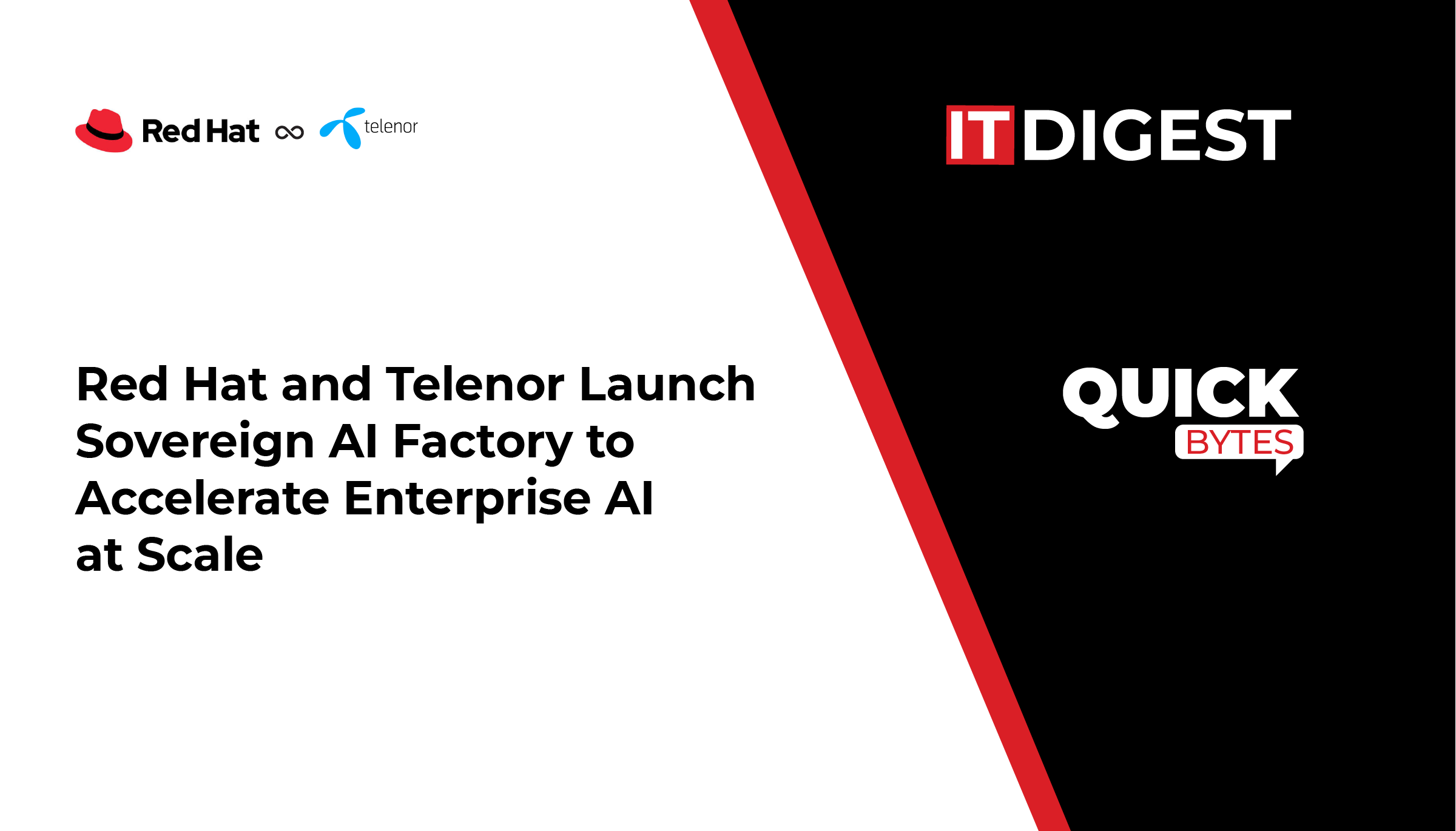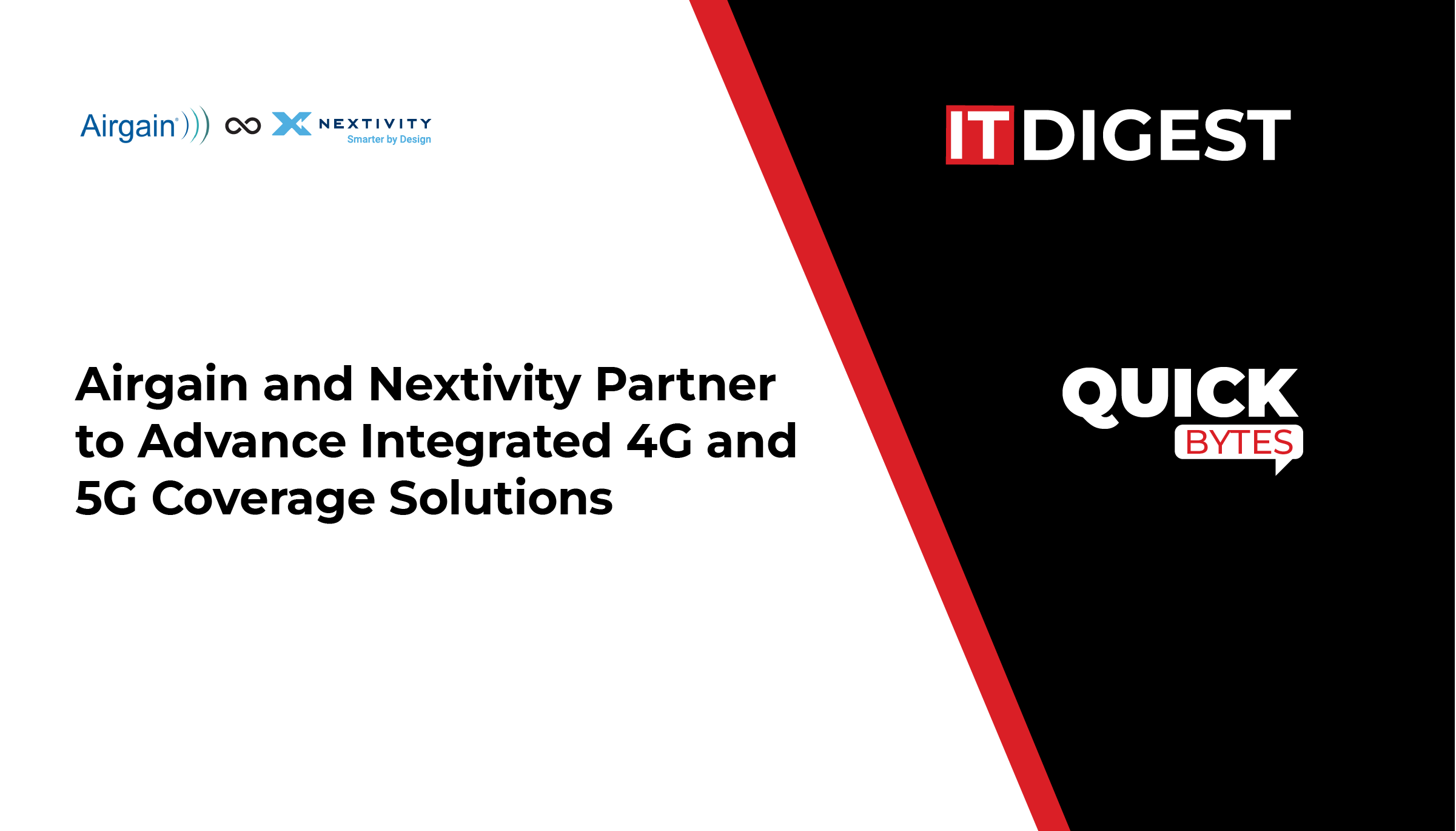At Microsoft Ignite 2025, Microsoft has unveiled a major evolution in its data and analytics platform: Fabric IQ, a semantic intelligence layer that transforms Microsoft Fabric from a pure data platform into a unified, context-aware intelligence platform.
Fabric IQ, currently offered in preview, introduces an ontology-based workload that brings together analytical data, real-time streams, and semantic models, all organized under a common business vocabulary. By linking business entities (such as Customer, Asset, or Shipment), their relationships, and operational rules, IQ enables consistent understanding across reporting, AI agents, and applications.
One of its most compelling features is the Operations Agent, a new type of AI agent that continuously monitors live data, reasons using the ontology, and can even recommend or trigger business actions under human supervision. Rather than simply raising alerts, these agents can “understand” operational context for example, rerouting trucks in a supply chain when traffic data shows congestion.
Also Read: Elastic Connects Enterprise Data to NVIDIA AI Factories
Fabric IQ builds on Microsoft’s long-standing investment in semantic modeling via Power BI. Microsoft claims there are more than 20 million semantic models already running on Fabric, and IQ allows organizations to upgrade these models into richer operational ontologies with “just a few clicks.” The ontology item in IQ gives users a way to define entity types, properties, and relationships, and bind them to real data in OneLake, eventhouses, and existing semantic models.
Technically, IQ also integrates tightly with Microsoft Fabric Graph, a native graph compute engine for traversals, dependency analysis, and path finding. This makes it easier to reason over a connected graph of business concepts. On the analytics front, Power BI models can now be grounded in the ontology so that metrics, KPIs, and visualizations reflect business meaning consistently.
In addition to enabling more powerful decision-making, IQ strengthens governance. With a unified ontology, organizations can reduce semantic drift, enforce data quality rules, and promote a shared language across teams.
What This Means for the Data Science Industry
For data scientists, the launch of Fabric IQ is especially significant. Traditionally, data science models operate on raw or semi-structured data, often without a deep understanding of the business semantics that govern that data. With IQ, data scientists can now work on a semantic foundation: models can be trained, validated, and interpreted in terms of business entities and meaningful relationships.
This semantic grounding has several downstream advantages:
- Better Feature Engineering: By understanding business entities and their relationships, data scientists can derive more meaningful features (e.g., graph-based features derived from the ontology) rather than relying purely on raw attributes.
- Explainability and Trust: Models built on an ontology can be more explainable. When an AI agent uses the ontology to make a decision, it’s easier to trace why it acted a certain way, because its reasoning aligns with clearly defined business concepts.
- Agentic AI: The operations agents made possible by IQ represent a new paradigm for data science. Instead of just building predictive models and dashboards, data scientists can design agents that act autonomously (or semi-autonomously) to monitor real-time data, trigger actions, or escalate issues bringing data science models closer to operational systems.
- Faster Onboarding and Collaboration: Since the ontology provides a single definition for business concepts like “customer” or “asset,” newcomers (data scientists, analysts, business users) don’t need to rebuild semantic context from scratch. This can significantly reduce onboarding time for new BI reports, AI experiences, or analytic workflows.
Implications for Businesses
- Operational Efficiency: With IQ-powered agents, businesses can automate decisions that once required manual analysis. For example, supply chain teams may get proactive rerouting suggestions, or operations teams may receive early warnings about anomalies. This streamlines decision-making and reduces reaction times.
- Consistency and Governance: A shared ontology reduces semantic silos across departments. Finance, operations, sales, and analytics teams can speak the same business language, ensuring that definitions (e.g., what exactly constitutes a “customer” or “order”) do not drift between contexts.
- AI Readiness: As companies build out generative AI agents and copilots, IQ provides the structured grounding they need. Rather than agents hallucinating based solely on vector embeddings, they can act with real business context. Microsoft itself emphasizes that agents built on IQ can be more reliable than typical retrieval-augmented generation (RAG) because they reason over persistent, structured semantics.
- Scalability: Because the ontology integrates with OneLake (Fabric’s unified data lake), real-time streams, and semantic models, businesses can scale their data architecture without fragmenting their understanding. This unified layer supports analytics, real-time, and AI workloads across the enterprise.
- Governance & Compliance: With a formal ontology, rule constraints, and versioning, governance teams gain better oversight. Semantic models can be versioned, validated, and monitored for consistency, helping mitigate risks tied to semantic drift or data misuse.
Challenges & Considerations
While Fabric IQ is promising, there will be challenges. Creating a strong ontology is not easy. Companies need to put in effort to define entity types, relationships, and rules. If not done right, the ontology could become too complex or disconnected from reality. Data teams need to agree on business definitions. This might mean holding cross-functional workshops and setting up governance. Moreover, IQ is currently in preview, meaning some features may be limited or subject to change. Organizations will need to pilot IQ carefully, integrate it gradually, and build internal expertise.
Conclusion
Microsoft’s launch of Fabric IQ marks a major step forward in the evolution of its data platform. By adding an ontology-based semantic layer, real-time operational reasoning, and agentic AI, Microsoft is pushing Fabric into the next era: not just data at rest, but intelligent, business-aware action.
For data scientists, this opens doors to richer feature sets, more explainable models, and operational agents. For businesses, it promises greater efficiency, consistency, and governance. AI is becoming a key part of business. Platforms like Fabric IQ may lead the next wave of data-driven change.


